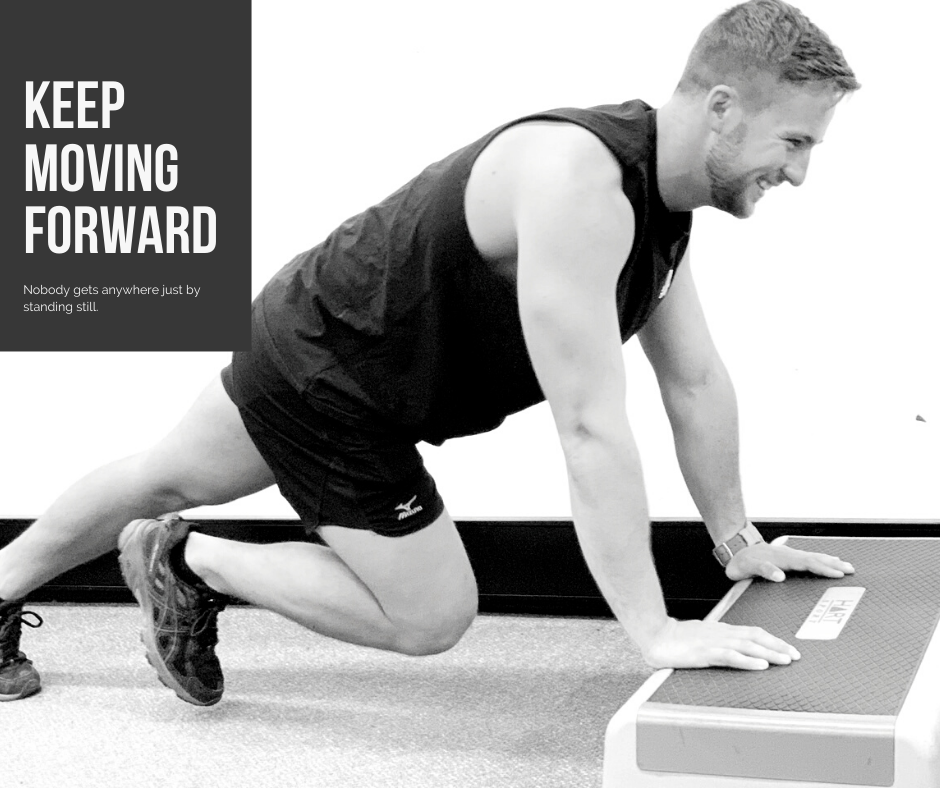Setting goals for the new year …
Did you know that goal setting theory has now evolved, with research now suggesting specific goals in some cases can actually put us off.
One problem is specific goals are all-or-nothing: you either achieve the goal or you fail. That's why you might feel you've failed after "only" recording 9,000 steps when your goal was 10,000. In reality, 9,000 steps might actually be an achievement (especially on a busy day) — but because you didn't reach your specific target, it can feel disappointing.
When you stop making progress towards your goal, or start to feel like you're failing, it's easy to give up — just like many of us do with New Year's resolutions.
One alternative is to set what's known as an open goal.
What are open goals?
Open goals are non-specific and exploratory, often phrased as aiming to "see how well I can do". For example, professional golfers in one study described performing at their best when aiming to "see how many under par I can get".
Open goals don't just work for elite athletes — they work well in exercise too. One study found insufficiently active people performed better (in this study that meant they walked further) when pursuing open goals than they did with SMART goals.
Try this open goal “see how active you can be” as opposed to “aiming to get fitter.”
Follow-up studies found open goals — compared to SMART goals — make exercise more enjoyable, make people more confident and make them feel they performed better. That boosts motivation and suggests open goals can help people stick with exercise routines longer.
When you set an open goal, your focus is on your starting point. You start in the here and now not some future determined point. If your goal is to "see how many steps I can reach today", then as your step count rises, it will feel like you're making progress. You may start to think, "Oh, I'm already on 2,000 steps… Now it's 3,000 steps… Let's see how many I can get to. "Rather than comparing against where you should be, you're constantly building on your starting point.

